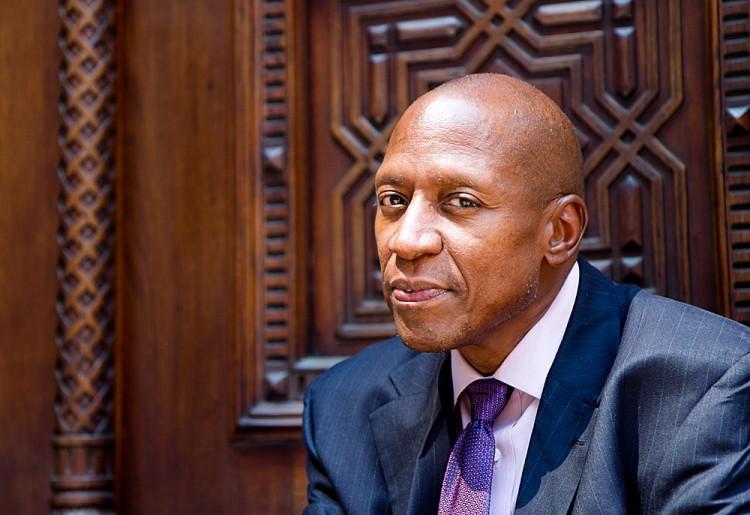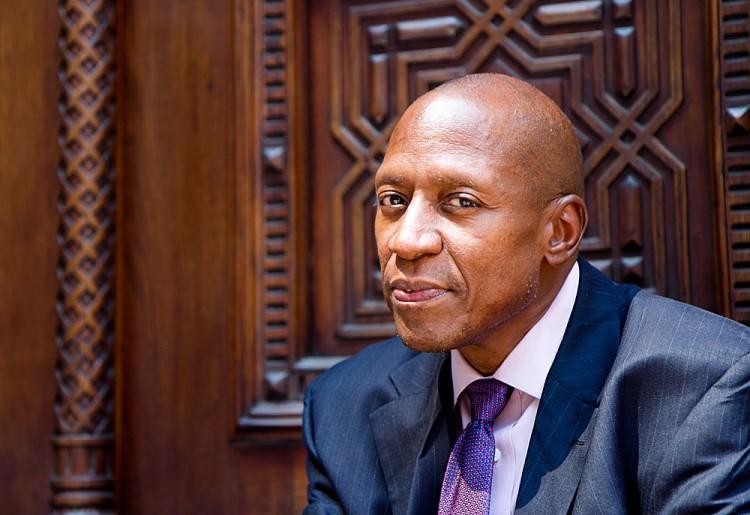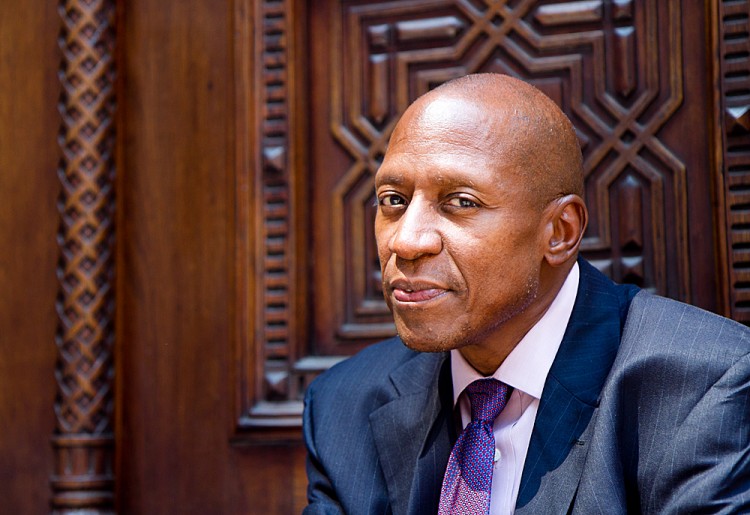NEW YORK—Vance Hinton wore a polished suit and tie while sitting outside of the Citicorp atrium in Midtown Manhattan, blending in with a sharp group of businessmen chatting nearby.
At second glance, Hinton’s suit doesn’t have the same chic cut as the others, but the poised, agile look in his eye doesn’t make you second guess his status. Hinton, however, is homeless.
He refuses to be called homeless, though. The correct term, he says, is undomiciled. “The term homeless dredges up a negative connotation, with the assumption being that homeless people are unkempt, incapable, and unintelligent,” said Hinton, who has a plan to lift that stereotype.
The definition of domicile in the online Merriam-Webster dictionary is “a dwelling place; a place of residence.”
Hinton’s Story
Hinton graduated from SUNY–Plattsburgh in 1979 with a major in communications. He also holds an associate’s degree from the SUNY Agricultural and Technical College at Canton, and left the Henry School of Social Science as an honors graduate in political economy in 2007.
He has held various authoritative positions, such as the associate director of Mind-Builders Creative Arts Center, the youth director of the Harlem YMCA, as well as the president of ABOWCIA, Inc., a website design company.
Hinton’s past career paid well enough for him to travel the world, including destinations in Egypt, Greece, Israel, Thailand, and the Bahamas.






